The Timeline and Life Cycle of Plastic IQ™ Technology
Plastic pollution is a pressing environmental issue, and innovative solutions are needed to mitigate its impact. One such solution is Plastic IQ™ Technology, which enhances the bio-transformation of plastics by incorporating special additives. In this article, we will explore the timeline and life cycle of plastics made using Plastic IQ™ Technology, from manufacturing to consumer use, and its eventual fate in the environment, including oceans and landfills. We will also discuss the safety aspects of these plastics and their ability to leave no microplastics behind.

Manufacturing
The manufacturing process of plastics using Plastic IQ™ Technology involves the addition of a proprietary blend of additives to conventional plastic materials. These additives, when combined with the plastic, promote the oxidative degradation of the polymer chains, which enables their bio-transformation in the presence of microorganisms. The additives do not affect the physical properties of the plastic, ensuring that products made using Plastic IQ™ Technology maintain their functionality and appearance during consumer use.

Consumer Use
Plastic IQ™ Technology is designed to provide a sustainable alternative to conventional plastics without compromising the products’ durability, strength, and longevity during their intended use. The additives used in manufacturing do not weaken the plastic, ensuring that the products made with Plastic IQ™ Technology maintain their integrity, appearance, and functionality throughout their life cycle.
In fact, plastic products made using Plastic IQ™ Technology exhibit similar mechanical properties, such as tensile strength, flexibility, and impact resistance, to those of conventional plastics. This means that the items made with Plastic IQ™ Technology are not feeble, disposable, or inferior in any way compared to their traditional counterparts. They are perfectly suited for a wide range of applications, including packaging materials, disposable cutlery, and agricultural films, providing the same level of performance as conventional plastics.
Furthermore, the bio-transformation process of Plastic IQ™ Technology plastics only begins when the products are exposed to specific environmental conditions, such as heat, light, and the presence of microorganisms, which typically occur after the products have been discarded. Until then, consumers can rest assured that the products made with Plastic IQ™ Technology will retain their durability and functionality, both on the shelf and in their homes.
Plastic IQ™ Technology offers a reliable and sustainable solution that does not compromise the quality and performance of plastic products. With the same level of durability and longevity as conventional plastics, consumers can confidently use products made with Plastic IQ™ Technology, knowing that they are making an environmentally responsible choice without sacrificing performance or convenience.
Plastic products made with Plastic IQ™ Technology serve a wide range of applications, including packaging, disposable cutlery, and agricultural films. Consumers can enjoy the convenience and utility of these products, knowing that they are designed to undergo bio-transformation at the end of their life cycle.
Environmental Fate: Oceans and Landfills
When plastic products made with Plastic IQ™ Technology end up in the environment, such as oceans or landfills, the additives promote the oxidative degradation of the polymer chains, breaking them down into smaller fragments. These smaller fragments are more susceptible to bio-transformation by naturally occurring microorganisms, which convert them into biomass, water, and carbon dioxide.
The time it takes for plastics made with Plastic IQ™ Technology to undergo bio-transformation depends on various factors, including environmental conditions and the presence of microorganisms. In general, the bio-transformation process can take several months to a few years. This is significantly shorter than the time it takes for conventional plastics to decompose, which can be hundreds of years or more.
When comparing the bio-transformation time of Plastic IQ™ Technology plastics to the decomposition of other natural materials, it is important to consider the wide range of decomposition rates that exist in nature. For example, a whale carcass can take up to 20 years to decompose, tree limbs can take several years, and leaves can take up to two years. Given these comparisons, the bio-transformation time of plastics made with Plastic IQ™ Technology is in line with the decomposition rates of many natural materials.
Safety and Microplastic-Free
Plastics made with Plastic IQ™ Technology are designed to be safe for both consumers and the environment. The additives used in the manufacturing process have been thoroughly tested and are found to be non-toxic. Furthermore, the bio-transformation process ensures that no microplastics are left behind in the environment, as the smaller fragments are completely consumed by microorganisms, leaving no residual plastic materials.
In conclusion, Plastic IQ™ Technology offers a promising solution to the global plastic pollution problem by enhancing the bio-transformation of plastic products. With their reduced environmental impact, safe composition, and microplastic-free bio-transformation process, these plastics represent a significant step forward in sustainable materials development.


